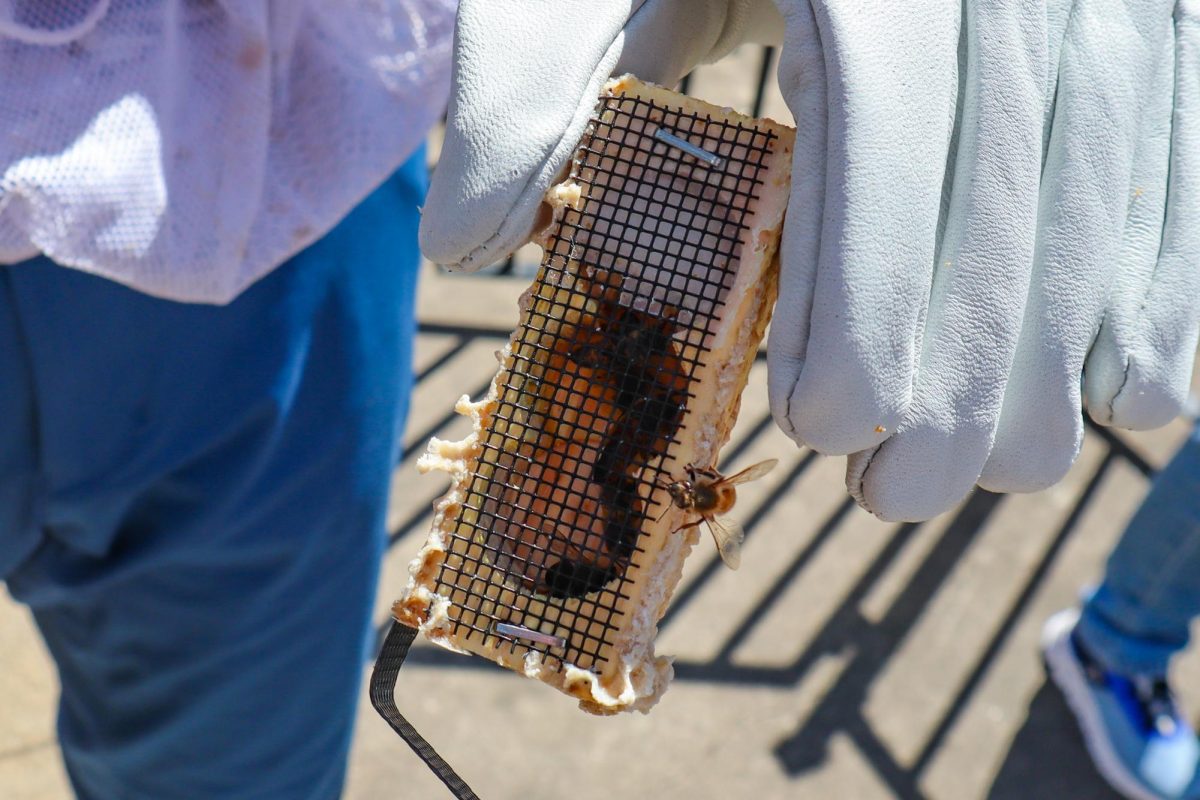It’s a virus that strikes millions and is wiping out entire populations of people. It’s silent and deadly. There is no cure, and it will kill you.
It’s HIV, the Human Immunodeficiency Virus, the causitive agent of AIDS, Acquired Immune Deficiency Syndrome. And it’s a death sentence.
A diagnosis of AIDS means the body’s immune system has been so weakened, so devastated that it can no longer fight off invading infections. Suddenly, common microbes that could at best cause a cold, become serious and deadly assailants. A cough could lead to chronic bronchitis, respiratory inflammation, and the eventual shutting down of the lungs. A fungal infection as simple as athletes foot can grow and spread over the entire body, in a disfiguring rash. The body is left defenseless with no white blood cells to protect it. So, it weakens, wastes away and dies.
It’s not a pretty picture, but it’s not a pretty illness. When the effects of AIDS strike its victim, they strike hard. They could die from what could have been prevented by something as simple as a condom, or a new needle.
HIV is transmitted through bodily fluids, mainly semen and blood. Once the virus is in the body, it attacks the white blood cells, altering the functions of the cells. What was originally meant to engulf these pathogens suddenly becomes a virtual factory for viral reproduction. New viruses are now manufactured within the host cell until the host is destroyed. New viruses burst out and infect other cells. This continues until the body’s defense systems are wiped out, leaving it vulnerable to any disease that comes along.
“AIDS is actually a group of illnesses,” said Dr. Nahil, Director of the Lane Health Center. “The immune system is weakened. When people begin to get sick, then they have AIDS. It could be any common disease.”
HIV is most commonly passed from person-to-person through sexual contact, classifying it as a sexually transmitted disease. But transmission via infected needles from intravenous drug use can also occur.
This risky behavior can leave individuals vulnerable to not only HIV, but other fluid transferrable pathogens such as Hepatitis B, a serious infection of the liver.
If you suspect that you have been exposed to HIV, or have participated in behavior that may have exposed you to the virus, get tested right away. Know your options. Due to the delicate emotional nature of HIV, anonymous and confidential testing is readily available. Results will be revealed to you and only you by a clinician. No documentation of your test will exist, and nothing will ever reach your medical record about getting tested for HIV.
These tests involve giving a blood or mucus sample that will be checked for HIV antibodies. They are 99.9 percent accurate, after a two week incubation period. Testing even days after the initial exposure occurred, can quickly detect whether or not you have been exposed to the virus, though a follow up appointment might be necessary.
To get a list of anonymous testing sites, call the Massachusetts HIV Counseling and Testing Hotline at 1-800-750-2016.












